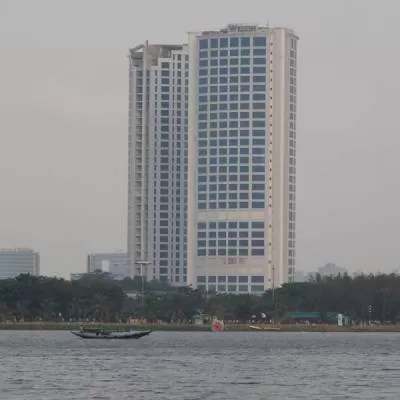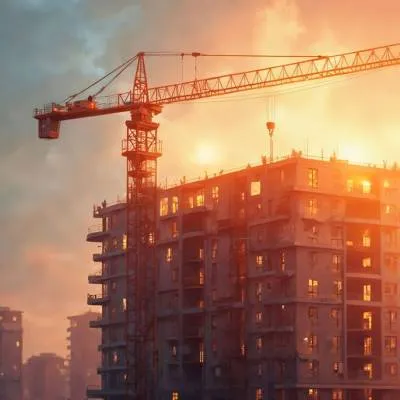Schedule a Call Back
MoHUA Plans New Role for Smart City SPVs

In a significant policy move, the Ministry of Housing and Urban Affairs (MoHUA) has issued an advisory encouraging the continued use and repurposing of Special Purpose Vehicles (SPVs) formed under the Smart Cities Mission (SCM). This marks a step toward sustaining urban transformation by leveraging institutional capabilities and infrastructure developed over the past decade.
Initiated in 2015, the Smart Cities Mission introduced a new era of urban planning in India, with each of the 100 selected cities forming SPVs under the Companies Act, 2013. These entities, jointly owned by state governments and Urban Local Bodies (ULBs), were tasked with planning and executing city-level development projects using technology-led strategies.
By March 2025, more than 93 per cent of over 8,000 projects had been completed, with 99.44 per cent of the Rs 480 billion (USD 5.8 billion approx.) sanctioned funds already disbursed. These efforts have also helped strengthen urban administrative capacity at both state and local levels
One of the flagship innovations of SCM—Integrated Command and Control Centres (ICCCs)—has been set up in all 100 cities. These centres play a critical role in managing urban services in real-time, including traffic regulation, emergency response, waste management, and public safety. MoHUA has advised states to further expand the use of ICCCs by integrating more municipal functions and upgrading technology infrastructure.
Through Advisory No. 27, the ministry has outlined a dual pathway: finalising remaining Smart Cities projects and redefining SPVs’ role for the long term. The advisory suggests that SPVs can serve as technology partners to ULBs, project implementation agencies, and consultants for urban schemes. They may also contribute to urban policy planning, research, and investment facilitation.
Importantly, the advisory recommends allowing SPVs to generate service-linked revenue, such as project planning fees, to become financially sustainable. States and Union Territories have been asked to empower SPVs through policy support and institutional integration, with High-Powered Steering Committees (HPSCs) overseeing their strategic alignment with urban priorities.
This directive, aligned with the spirit of Azadi Ka Amrit Mahotsav, aims to institutionalise gains from the Smart Cities Mission and establish a future-proof model for urban governance across India.


Subscribe Now
Subscribe to our Newsletter & Stay updated
RECENT POSTS
Popular Tags
Folliow us
Related Stories
Supreme Court Clears NBCC to Complete 16 Stalled Supertech Projects
In a significant relief to thousands of homebuyers, the Supreme Court of India has upheld the order of the National Company Law Appellate Tribunal ...








